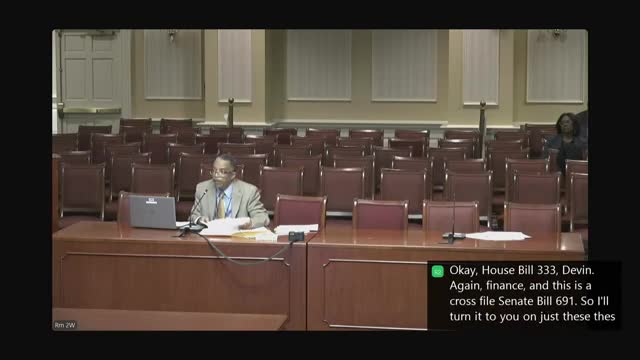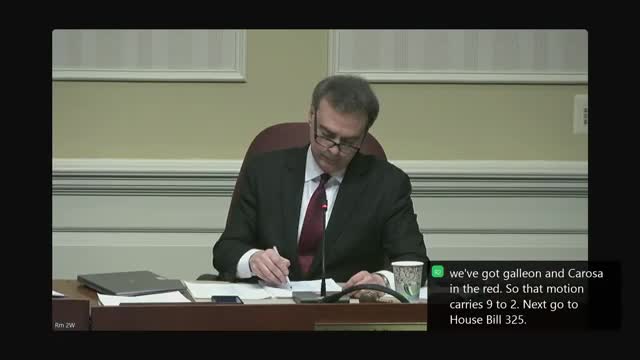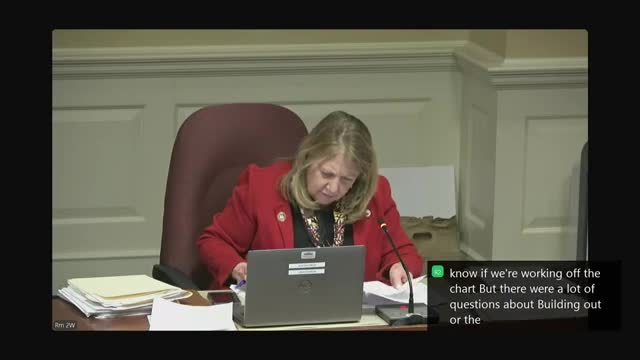Article not found
This article is no longer available. But don't worry—we've gathered other articles that discuss the same topic.

Senate, House bills create healthcare cybersecurity work group to plan continuity and recovery

Committee backs bill to let GED/high‑school-by‑examination be taken fully in Spanish and to study additional languages

